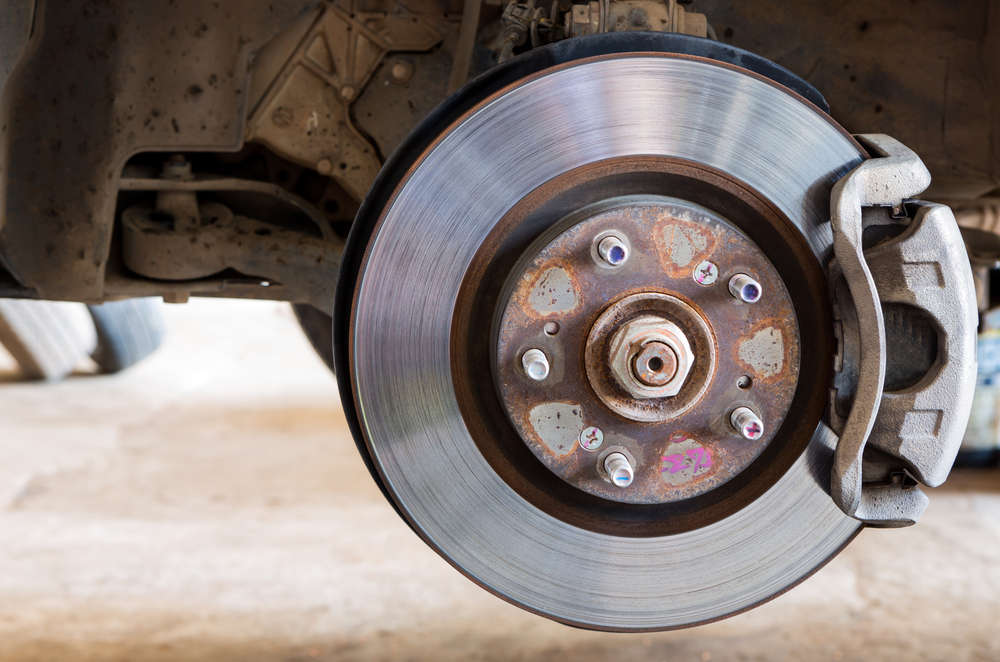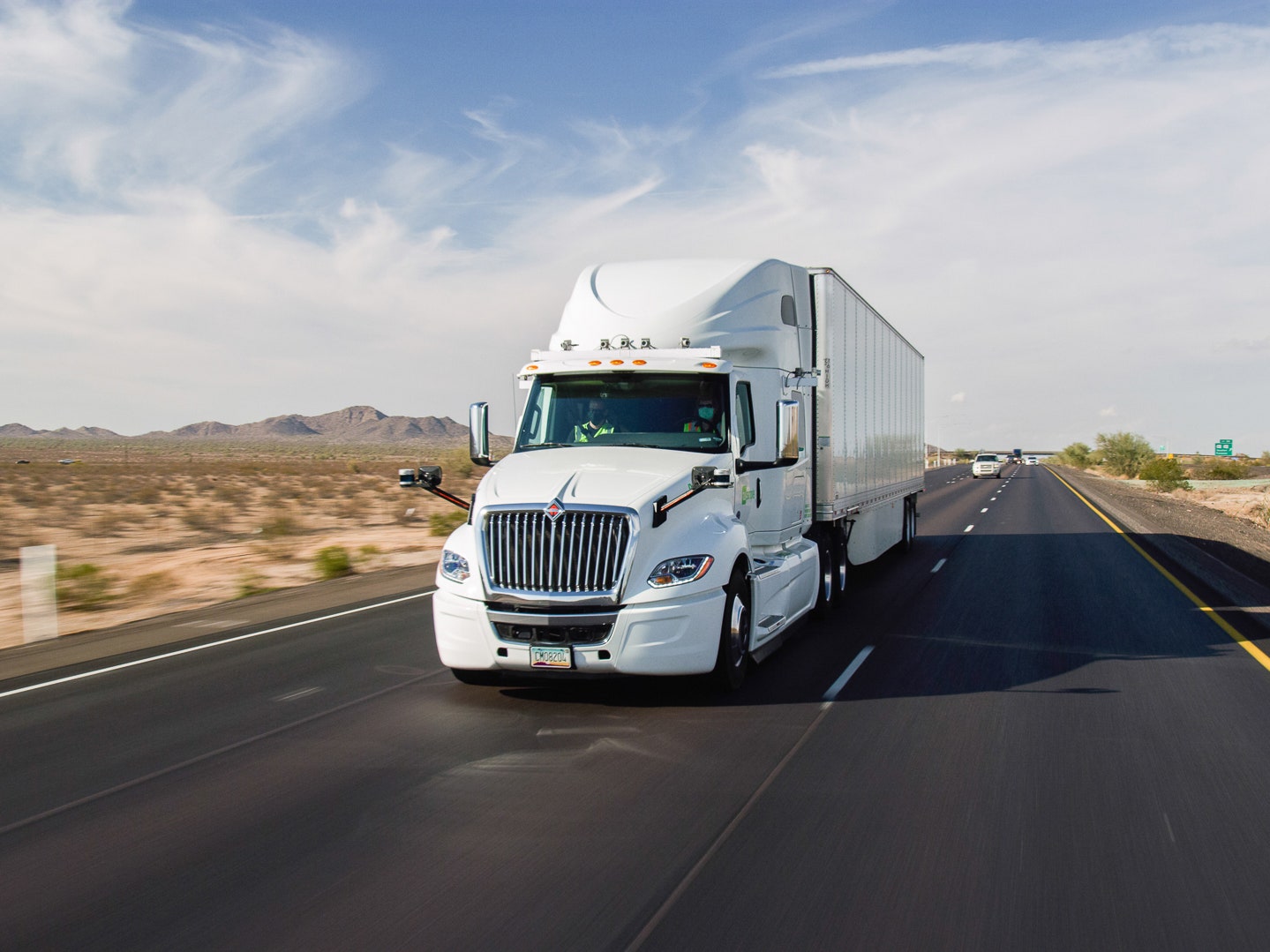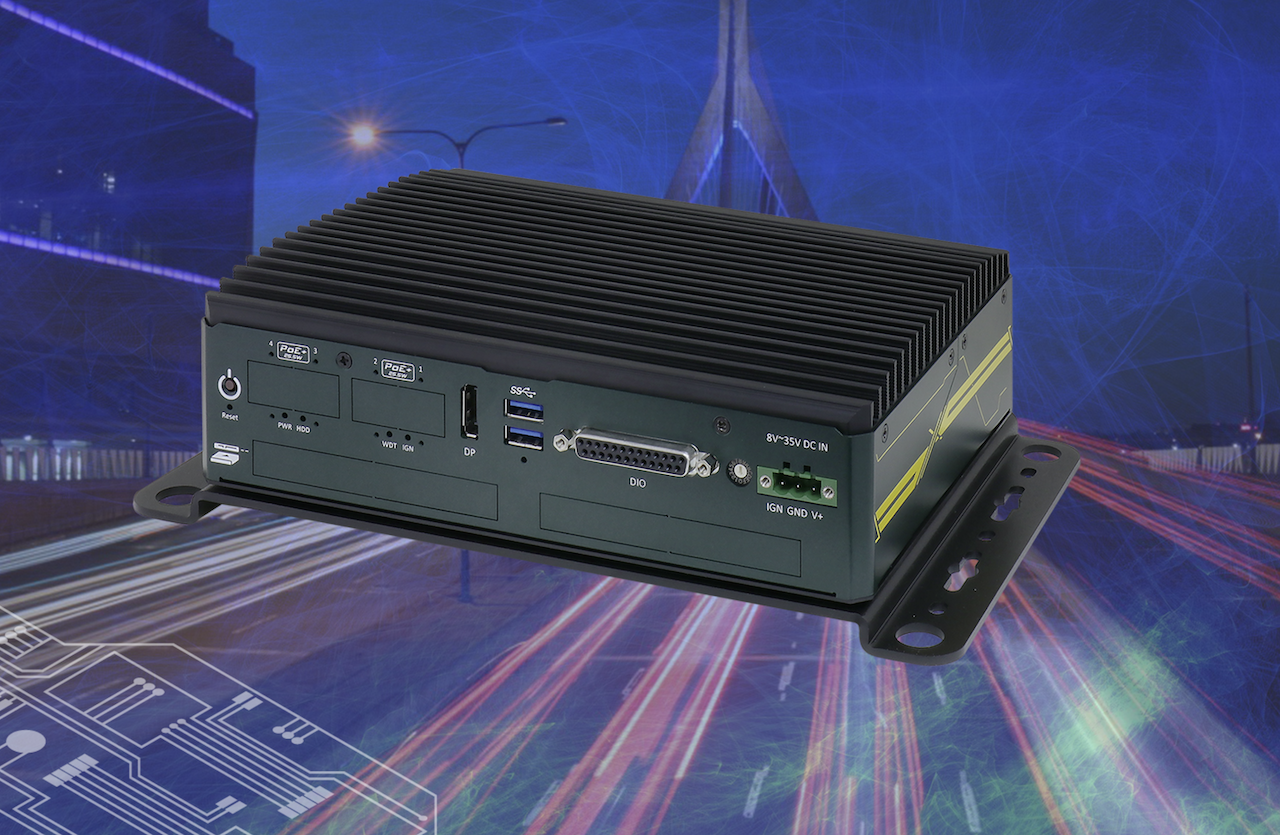
ABS vs. EBS Braking Systems
When it comes to braking systems on trucks, there are two main types: ABS (Anti-lock Braking System) and EBS (Electronic Brake System). Both of these systems have their own advantages and disadvantages, so it’s important to understand the difference between them before making a decision on which one to use.
ABS Braking System
Advantages:
Prevents Wheels From Locking Up During Hard Braking
Truck ABS Prevents wheels from locking up during hard braking, which can help avoid skidding and loss of control.
Most modern trucks are equipped with antilock braking systems or ABS. ABS prevents the wheels from locking up during hard braking, which can help avoid skidding and loss of control.
When a truck driver brakes hard, the ABS system senses the speed at which the wheels are turning. If the wheels are turning too fast, the system automatically begins to pump the brakes. This pumping action prevents the wheels from locking up and skidding.
ABS can be a lifesaver in an emergency braking situation. It can help the driver maintain control of the truck and avoid a serious accident.
If you are ever in a situation where you need to brake hard, remember to keep your foot firmly on the pedal. The ABS system will do the rest.
Can Shorten Stopping Distances In Some Situations
Truck ABS can be a great asset to have on the road. In some situations, it can help shorten stopping distances and give the driver more control over the vehicle. It is especially useful in slippery or icy conditions.
Truck ABS works by sensing when the wheels are about to lock up under heavy braking. It then automatically applies and releases the brakes to prevent the wheels from locking. This can help the driver maintain control and avoid skidding or sliding.
While truck ABS can be helpful, it is not a substitute for safe driving. Drivers should always use caution and drive according to conditions. ABS can help give drivers an extra margin of safety, but it is not a cure-all.
Reduces Wear On Brake Components
The anti-lock braking system (ABS) is a safety system that helps the wheels on a truck to maintain contact with the road surface while braking. This system prevents the wheels from locking up and skidding, which can help to reduce wear on the brake components.
When a truck is braking, the ABS system will monitor the speed of the wheels and, if it detects that a wheel is about to lock up, it will automatically apply the brakes to that wheel. This helps to keep the truck stable and prevents the wheel from skidding.
The ABS system can help to reduce wear on the brake pads and discs, as well as the tires. This is because it prevents the wheels from locking up and sliding, which can cause damage to these components.
In summary, the ABS system helps to reduce wear on the brake components by preventing the wheels from locking up and skidding. This can help to extend the life of the brakes and improve safety.
Disadvantages:
Can Be More Expensive Than A Non-Abs Braking System
When it comes to braking systems, there are two main types – ABS (Anti-lock Braking System) and non-ABS. Both have their pros and cons, but when it comes to price, ABS can be more expensive than a non-ABS system.
Here’s a look at some of the reasons why:
ABS Uses More Complex Components
ABS braking systems use more complex components than non-ABS systems. This means that there are more truck parts that can break or wear out over time, and replacement truck parts can be more expensive.
ABS Requires More Maintenance
Because ABS uses more complex components, it also requires more maintenance. This can include regular checking and replacement of truck parts, as well as more frequent servicing.
ABS Can’t Be Used With Some Wheels
ABS systems can’t be used with some types of wheels, which can limit your choices and increase the cost of upgrading or replacing your wheels.
ABS Adds Weight to the Vehicle
ABS systems add weight to the vehicle, which can impact fuel economy and performance.
Pulsing Sensation Of The Brakes During Hard Braking Irritating
Some truck drivers find the pulsing sensation of the abs brakes during hard braking to be irritating. The pulsing is caused by the abs system engaging and releasing the brakes rapidly to prevent the wheels from locking up. This can cause the brake pedal to pulsate, which can be annoying and distracting to the driver.
EBS Braking System
Advantages:
Can Provide Shorter Stopping Distances Than A Non-Ebs System
An EBS braking system can provide shorter stopping distances than a non-EBS system for a number of reasons.
First, EBS systems have sensors that constantly monitor wheel speed and brake pressure. This allows the system to make adjustments to the brakes as needed to ensure that they are always operating at peak performance.
Second, EBS systems automatically apply the brakes if one of the wheels begins to lock up. This can help to prevent skidding and loss of control, both of which can lead to longer stopping distances.
Finally, EBS systems can provide a boost to the brakes when the driver applies the brakes hard, giving the vehicle an extra boost of stopping power.
Can Help Reduce Wear On Brake Components
Brake components are designed to last a long time, but they can still experience wear and tear. The EBS braking system can help to reduce wear on brake components, which can help to prolong their lifespan.
The EBS braking system is a type of regenerative braking system. It works by using the energy from the brakes to recharge the batteries. This can help to reduce wear on the brake components, as well as on the tires.
The EBS braking system can also help to improve fuel economy. This is because the system can help to reduce the amount of time that the brakes are applied. This can lead to less wear on the brake components and less fuel consumption.
The EBS braking system can also help to improve the performance of the brakes. This is because the system can help to reduce the amount of time that the brakes are applied. This can lead to less wear on the brake components and improved braking performance.
The EBS braking system can also help to reduce emissions. This is because the system can help to reduce the amount of time that the brakes are applied. This can lead to less wear on the brake components and reduced emissions.
Disadvantages:
Can Be More Expensive Than A Non-Ebs System
There is no definitive answer to this question as the cost of both ABS and EBS braking systems will vary depending on the make and model of the vehicle. However, in general, ABS braking systems tend to be more expensive than EBS braking systems.
Can Require More Maintenance Than A Non-Ebs System
An EBS (electronic brake system) can require more maintenance than a non-EBS system in a truck. The main reason for this is that EBS systems have more sensors and components than non-EBS systems. These extra sensors and components can sometimes cause problems that need to be fixed.
Another reason why an EBS system can require more maintenance is that it is constantly monitoring the truck’s braking system. This monitoring can sometimes cause the system to become overloaded and need to be reset.
If you have an EBS system in your truck, it is important to keep up with the maintenance. This will help to keep your truck’s braking system in good shape and prevent any problems from occurring.
Pulsing Sensation Of The Brakes During Hard Braking Irritating
The pulsing sensation of the EBS brakes during hard braking is certainly irritating, but there’s actually a good reason for it. This pulsing is caused by the EBS system engaging the brake pads more forcefully than usual in order to prevent the wheels from locking up.
While it may be annoying, the pulsing sensation is actually a good sign that the EBS system is working properly. So, if you’re experiencing this pulsing sensation, there’s no need to worry – your brakes are just doing their job!



